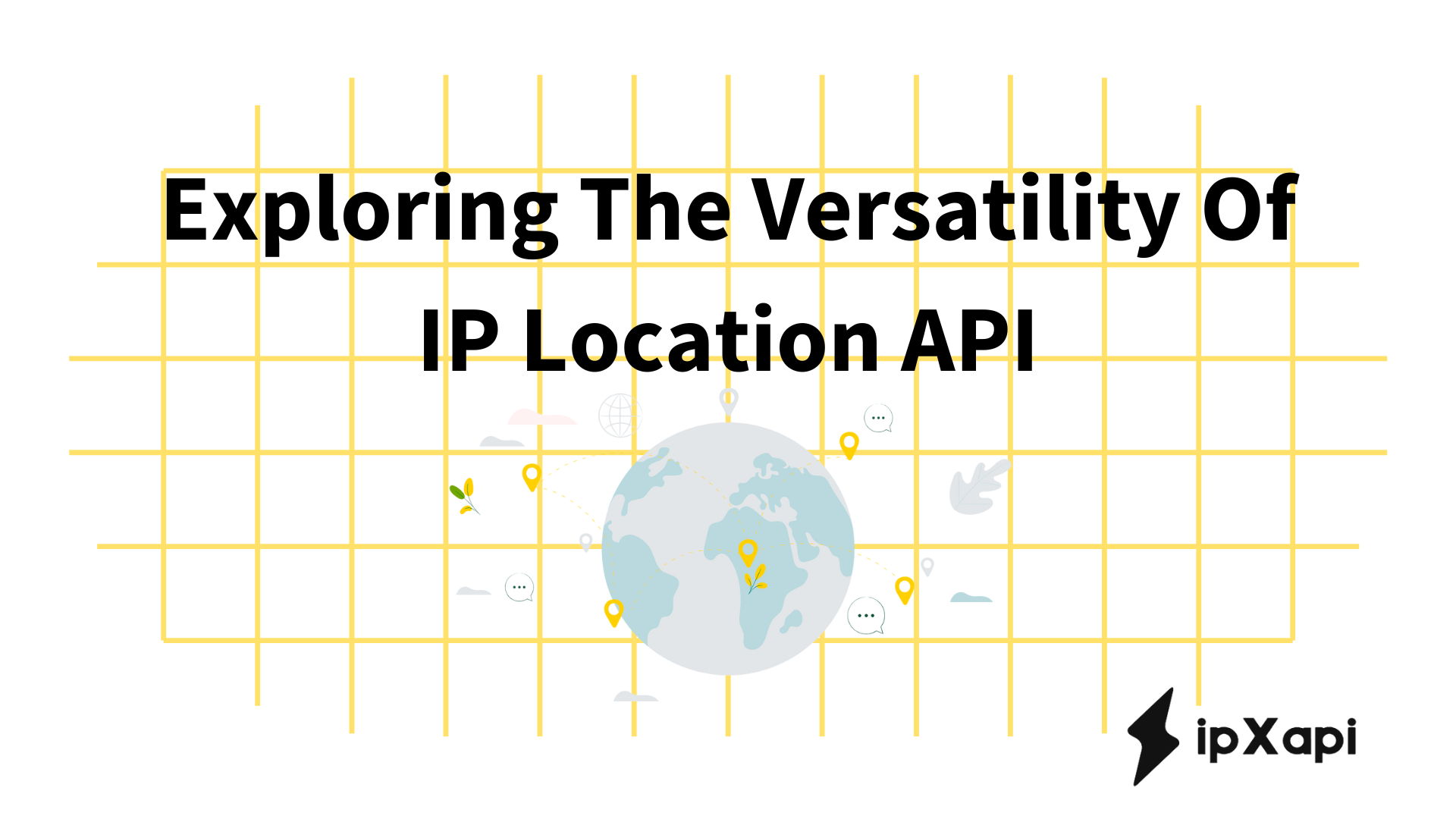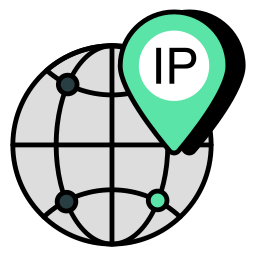Exploring The Versatility Of IP Location API

An IP Location API is a tool that helps determine the geographical location of a device connected to the internet using its IP (Internet Protocol) address. Every device that accesses the internet, such as a computer or smartphone, is assigned a unique IP address, which acts as its digital identifier.
The IP Location API works by querying a large database that maps IP addresses to physical locations, such as cities, countries, and even specific coordinates like latitude and longitude. When you make a request to the API with an IP address, it retrieves the corresponding location information associated with that IP address.

This tool finds various applications, such as personalizing content based on user location, enforcing regional restrictions, detecting fraudulent activities, and enhancing security measures. For example, websites might use IP Geolocation APIs to display localized advertisements or to provide location-based services like weather forecasts or nearby business recommendations.
Overall, an IP Geolocation API serves as a convenient and efficient way to gather geographical information about internet-connected devices, enabling a wide range of applications across industries.
An IP Location API Is A Versatile Tool
IP Location APIs are indeed versatile tools with a wide range of applications. Here are some reasons why:
- Geolocation: They provide accurate information about the physical location of a device based on its IP address, enabling businesses to tailor their services and content according to users' locations.
- Security: IP Geolocation APIs can be used to detect and prevent fraudulent activities, such as identity theft or unauthorized access, by verifying the location of users.
- Content Personalization: Websites and applications can use IP Location APIs to deliver personalized content, such as language preferences, localized news, or targeted advertisements based on users' geographical locations.
- Regional Restrictions: They help enforce regional restrictions on digital content, such as streaming services or online games, ensuring compliance with licensing agreements or regulatory requirements.
- Analytics: Businesses can analyze geographic trends and patterns in user traffic, helping them make data-driven decisions related to marketing strategies, expansion plans, or resource allocation.
- Enhanced User Experience: By leveraging geolocation data, companies can provide location-based services, such as store locators, delivery tracking, or event notifications, enhancing the overall user experience.
Overall, the versatility of IP Geolocation APIs lies in their ability to provide valuable geographic insights that can be utilized across various industries and use cases to improve services, enhance security, and personalize experiences for users.
Check ipXapi, A High-Quality IP Location API
ipXapi is a powerful API that helps you locate and identify your website visitors by their IP address. Imagine gaining access to valuable information like their:
- Location: City, region, country, and even zip code
- Connection: Internet service provider (ISP) and type of connection
- Currency: Local currency for targeted shopping experiences
- Time zone: Deliver content and offers relevant to their time
- Security: Identify potential threats like proxies and bots

- Real-time data: Access up-to-date information with frequent database updates.
- Easy to use: Get ready in less than 10 minutes with simple integration.
- Scalable: Grows with your business needs.
- Multiple plans: Choose the plan that fits your usage.
- Free trial: Try ipXapi risk-free for 7 days.
Start unlocking the power of location data today with ipXapi! All You Need To Do To Make Use Of It Is:
- First, go to ipXapi.com and click the “GET FREE API KEY” button.
- You will be able to access the API once you have registered.
- Introduce the IP address you need to check.
- Make the API call and examine the results on your screen.
For instance, the following response was given when we attempted to use the IP address “196.171.167.215” to call an API:
{
"status": "success",
"country": "Togo",
"countryCode": "TG",
"region": "M",
"regionName": "Maritime",
"city": "Lomé",
"zip": "",
"lat": 6.12563,
"lon": 1.22542,
"timezone": "Africa/Lome",
"isp": "TogoTelecom",
"org": "",
"as": "AS24691 TogoTelecom, Togo",
"query": "196.171.167.215",
"areaCode": "",
"dmaCode": "",
"inEU": 0,
"euVATrate": false,
"continentCode": "AF",
"continentName": "Africa",
"locationAccuracyRadius": "50",
"currencyCode": "XOF",
"currencySymbol": "CFAF",
"currencySymbol_UTF8": "CFAF",
"currencyConverter": 607.5645,
"flag": "",
},
"connection": {
"asn": 24691,
"isp": "Togotelecom Togo"
},
"type": "ipv4",
"classType": "class C",
"application": "Small networks"
}If you want to know more about ipXapi check these articles…
